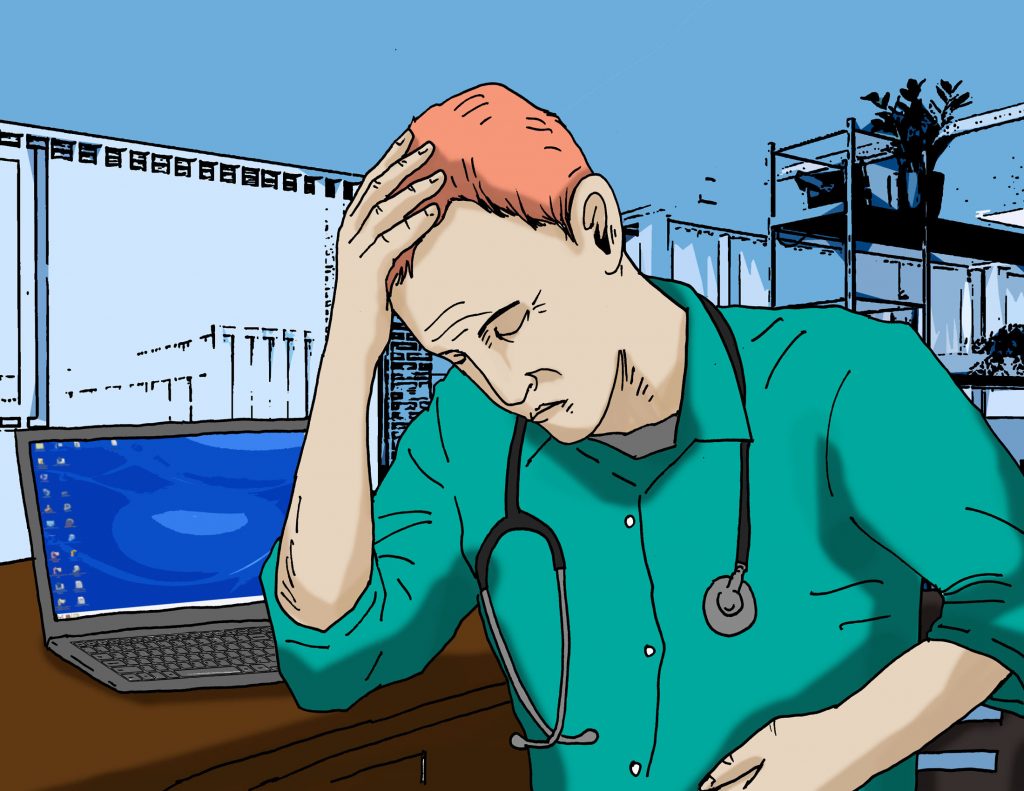
…..If there’s one thing all doctors want to avoid – it’s a medical malpractice lawsuit. Unfortunately, it is quite common for doctors to get sued; roughly 1 out of every 3 doctors have had a malpractice claim filed against at least once in their career. Furthermore, research from the American Medical Association (AMA) indicates that older doctors appear to have a higher risk of having claims filed against them, as nearly 50% of older doctors (aged 55 or more) have been sued, as opposed to only 8.2% of younger doctors aged 40 or less. Read on to uncover five common reasons why doctors get sued by patients and gain helpful insight on what to avoid.
- Slow Diagnosis – Patients tend to file claims against doctors when they feel that they were harmed by a diagnosis that took too long to make. Time is always of the essence for a physician, as it has a direct effect on treatment and recovery. Medical practitioners need to always be aware of this possibility, because doctors may still be stuck with this type of lawsuit despite being careful.
- Failure Of Communication – This may surprise some people, but it is not uncommon for doctors to be sued for failing to communicate important information regarding a patient’s health. It is important for doctors to always remember to document all findings and relay all information to the patient and/or their selected family members – in a language they can understand.
- You Leaked Personal Health Information – Carelessness is usually the culprit when a patient’s Personal Health Information (PHI) is leaked out by a doctor. Be very careful when discussing cases with other doctors and make sure you only share PHI with your team, your staff, your patient and their selected family members. Always protect your patient’s right to privacy – be very careful when communicating with others at all times.
- Prescription Errors And/Or Medicine Side Effects – Be very careful when prescribing medicines to patients. Do your research and be certain that you are suggesting the best possible medication and be mindful of what you write in your prescriptions. Even something as simple as adding or subtracting a zero on the milligram measurements can be extremely dangerous for your patient. Also, all medicines have side effects. As a doctor, it is your responsibility to make sure your patients understand the side effects of the medicine you prescribe to them and document their experiences ingesting the medication.
- Malfunction Of Medical Equipment/Devices – Be aware when endorsing a patient for the use of specialized medical equipment and devices (such as a pacemaker or colostomy bag). Maintain open communication about any possible issues with their devices and if they are no longer required, recommend discontinuing its use.
…..Doctors always have plenty to worry about when it comes to their practice – so when there’s an opportunity to delegate a task to an external strategic partner, you take it! Let TukkoMed step in and take a load off your shoulders! Find a better way, contact us today!
